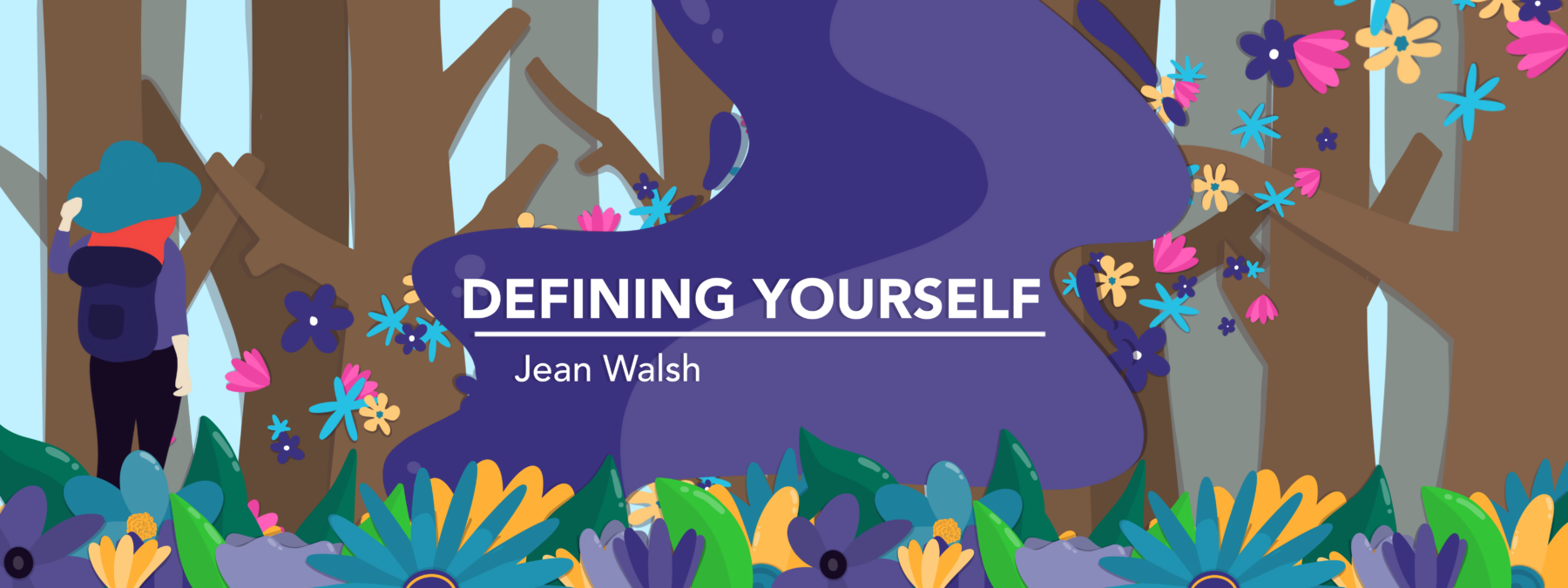This month and beyond, let’s cultivate our disability pride
Have you ever pondered the benefits that come with disability?
Written by |

I just finished reading “The Beauty of Dusk” by Frank Bruni. It is largely a memoir of his experience having a stroke that caused partial blindness in one eye. He must also contend with his other eye possibly being affected.
In trying to figure out how best to cope with his disability, Bruni interviews folks with various disabilities. He considers the people he discusses in the book to be role models.
In one section, he dives into some positive effects of having a disability. As we begin Disability Pride Month, which is celebrated every July, I wanted to take inspiration from “The Beauty of Dusk” and share a couple of gifts that the disabling disease Friedreich’s ataxia (FA) has given me.
The greatest gift of all has been the FA community. It’s hard to express the loneliness you experience — despite loved ones being around — when you’re the only one you know who has a particular disease. People don’t understand what is happening to you. You constantly have to explain yourself and your disease, as well as the various treatments, symptoms, prognoses, and more to the people you meet.
In my opinion, which isn’t shared by everyone, explaining things to someone who is trying to understand is worth the effort. But effort is the key word.
Often with a rare disease, doctors aren’t even certain about what is happening. (Although, the way I explained FA in 1990 is vastly different from how I explain it now. Doctors certainly know more today than they did back then.) Doing a decent job of explaining FA entails knowing at least a little about the science. You’ll also likely be rehashing some potentially painful facts about the devastating symptoms, your prognosis, and the fact that there is no cure. No wonder explaining FA wears you out!
So being with my beloved FA community is a relief. Some of my closest friends are from the FA community. I never have to explain things and can be myself without worrying about being perceived as pitiful.
I want to carry on with all aspects of my life, and with the support of my FA community, I can. That’s one way the FA community supports me, but there are many others.
Focusing on support
Both of my parents were academics. I came out of the womb thinking that if I only knew more about it (or if I knew the “right” thing), I could beat FA. That is a myth that having FA has helped me let go of.
I’ve tried to learn a lot. Scientific journals became my constant companion. But I never really had a good handle on what I was reading, and it was time-consuming. You’ll be shocked to learn that all of that reading didn’t lead me to a cure for FA.
My M.O. these days is to put my effort into finding sources — both people and organizations — that I can trust. Once I’ve found them, I can let go of my need to know everything and focus on what I can do to support my FA community, to help find a cure for FA, and to take care of myself.
Right now, my trustworthy sources include my neurologist, the Friedreich’s Ataxia Research Alliance, and this website, Friedreich’s Ataxia News.
Bruni also notes that having a disability enables people to be more empathetic, and I completely agree. He focuses on giving people grace even though they might not look like they have anything going on. After all, it’s generally a good policy to assume that people have hard stuff going on in their lives that we don’t know about.
So be proud of what your disability has given you or the people in your life and have fun celebrating disability pride!
Note: Friedreich’s Ataxia News is strictly a news and information website about the disease. It does not provide medical advice, diagnosis, or treatment. This content is not intended to be a substitute for professional medical advice, diagnosis, or treatment. Always seek the advice of your physician or another qualified health provider with any questions you may have regarding a medical condition. Never disregard professional medical advice or delay in seeking it because of something you have read on this website. The opinions expressed in this column are not those of Friedreich’s Ataxia News or its parent company, Bionews, and are intended to spark discussion about issues pertaining to Friedreich’s ataxia.







Leave a comment
Fill in the required fields to post. Your email address will not be published.